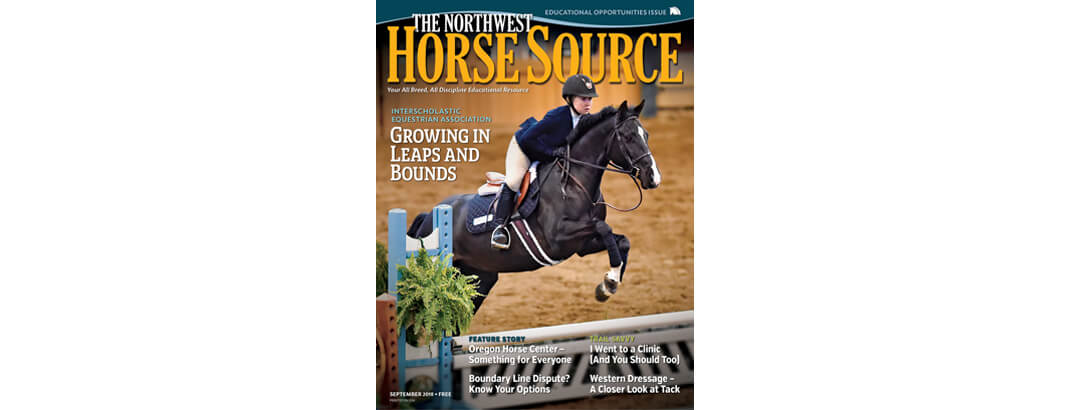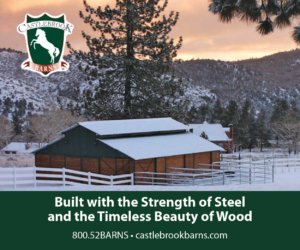Youth Organization Experiences Explosive Growth in the Pacific Northwest
By Jennifer Eaton and Kimber Whanger
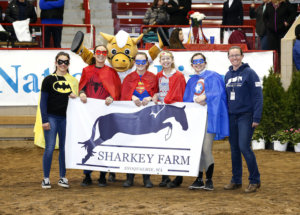
Founded in Ohio in 2002, the Interscholastic Equestrian Association (IEA) reached a major milestone in the 2017-2018 season with record membership of nearly 14,000 members in 45 states.
The mission of the IEA is to introduce students in private and public middle and secondary schools to equestrian sports and to promote and improve the quality of equestrian competition and instruction.
The expansion of a new zone (Zone 9) in the Northwest region of the United States (Alaska, Idaho, Montana, Oregon, Washington and Wyoming) has seen an explosion of membership over the past two years and is a big contributor to the IEA’s success. The exponential growth in the region is not expected to slow down anytime soon.
Washington State began enrolling teams in September of 2016. By November of that year, the membership topped off at 47 rider members and six professional coaches. The IEA’s draw-based program was a new concept for this area and the IEA worked very closely with the teams to help them organize and host the first five IEA competitions ever held in the Northwest.
The following year, Oregon came on board to join the Washington teams. During the 2017-2018 season, the membership from this area grew to 119 riders and 12 professional coaches, bringing the total to 131 members–– almost a 200% increase from the previous year. The teams in that area held a whopping eight competitions and a post-season qualifier for National Finals in Syracuse, New York.
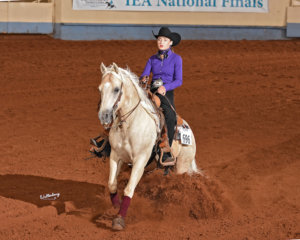
The unique aspect of IEA competitions, both at the local and national level, is that riders do not need to own a horse to participate. Horses and equipment are provided to each rider at every event by the host team using a draw-based system similar to the collegiate riding programs. Since the horse is new to the rider, scores are based upon horsemanship and equitation. The IEA format levels the playing field while maintaining affordability for participants.
“I was very excited to help bring the IEA to the Northwest,” says IEA Coach Connie Riker of Belmore Equestrian Team in Rochester, Washington. “We are a relatively horse-crazy area, but horse ownership is declining and therefore, so is participation in some of the more well-known youth equestrian activities like 4-H and United States Pony Club. Ensuring that more youth can participate in horse activities is so important to youth development that I knew the IEA program would be a great addition here.”
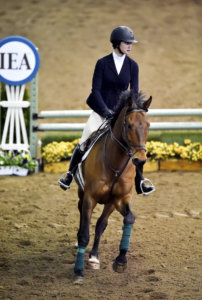
IEA competitions offer hunt seat classes on the flat and over fences, Western reining and horsemanship, as well as dressage tests and dressage seat equitation classes. Student riders must be in grades 6 through 12 and may compete in beginner, novice, intermediate and open levels regardless of age.
Riders compete for individual points and also team points. This format adds team camaraderie to a normally individual sport. Competing this way allows for serious athletes to not only prepare for a collegiate future in equestrian sports, but also the opportunity for scholarships.
“My coach, Kate Sharkey [Sharkey Farm Equestrian Team, Snoqualmie, Washington], is an excellent example and pushes us to volunteer at all the shows and to exhibit excellent sportsmanship,” says Madison Kniss, Zone 9 rider and winner of the 2018 Victor Hugo-Vidal Sportsmanship Award at Hunt Seat National Finals in Syracuse, New York. “Traveling to Syracuse for Finals definitely brought our team closer together and everyone there was so supportive – cheering each other on no matter how their ride went. I loved it.”
Kniss demonstrated excellent volunteerism and sportsmanship and was selected for the award from approximately 400 riders in attendance.
The competition year runs from September through June (depending on discipline). Individual membership is open all year. However, the IEA will be accepting team memberships for the 2018-2019 season from now until November 1. Starting a hunt seat or Western team requires three members in either middle or upper school and an IEA coach. A dressage team can form with only one rider and an IEA coach. Each team must have access to an equine facility whether in a private or public school or at a local barn.
For more information about IEA and teams in your area, contact Jennifer Eaton at [email protected] or visit www.rideiea.org.
Published September 2018 Issue

The Northwest Horse Source is an independently owned and operated print and online magazine for horse owners and enthusiasts of all breeds and disciplines in the Pacific Northwest. Our contemporary editorial columns are predominantly written by experts in the region, covering the care, training, keeping and enjoyment of horses, with an eye to the specific concerns in our region.


